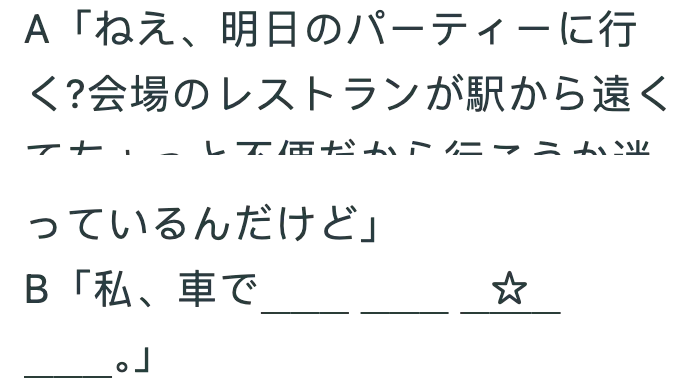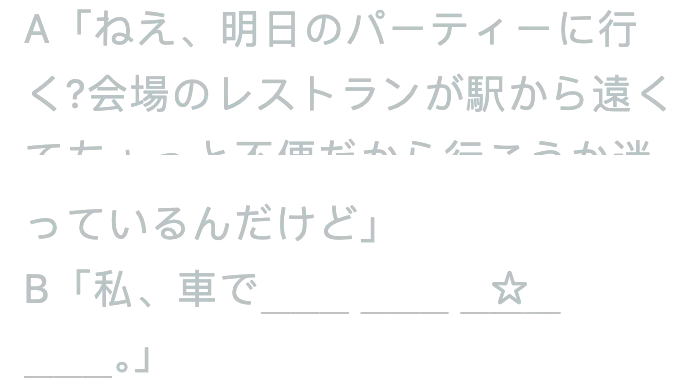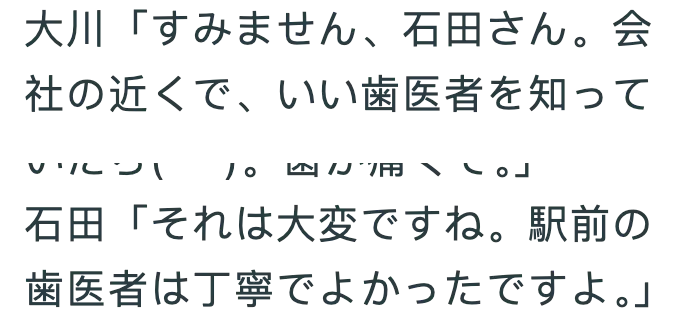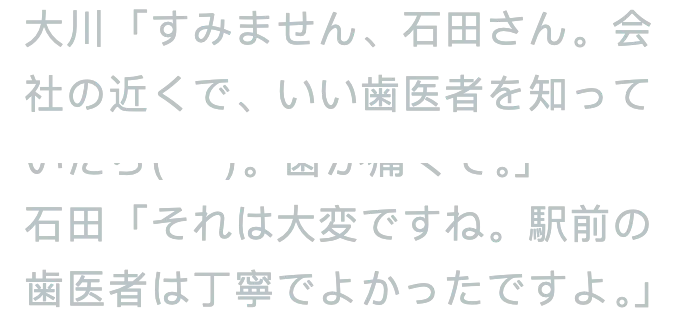11-0038 

11-0038 

- A Are you going to the party tomorrow? The venue restaurant is so far away from the station that it feels inconvenient, and I'm still debating whether or not to go.
- B I'm going to drive. I can take you if you go.
- According to the sentence, option 4 should be placed in one blank to indicate that I plan to drive there.
- もし~たら: indicates if ...... words, so option 1 and option 3 should be used together.
- Combined with the meaning of the sentence, the correct ordering is 4132.
12-0039 

12-0039 

- Correct ordering: 2143
- Translation: Lately, Tanaka hasn't been in much spirits. I'm worried, but even when I ask him what's wrong he won't say anything, so I can't do anything for him.
- Knowledge Points: This question focuses on the use of question word + も + negation.
- Question word + も + negation indicates total negation, so option 3 should be followed by option 4.
- 何があったのか means to ask, meaning did something happen? So option 2 should be placed at the top. And option 1 should be placed after option 2.
13-0040 

13-0040 

- When I was a kid, I always had to have my parents read me a picture book before I went to bed.
- ~てくれる: Emphasize the other person's initiative to do something for me
- ~てもらう: emphasize that I am asking the other person to do something for me
- ~てから: indicates that the latter act occurs after the former act
14-0041 

14-0041 

- Translation: Although I knew that my friend was troubled, I was not able to listen to him because I was very busy with my work at that time.
- 聞いてあげられなかった:Failed to listen to him.
- ~てあげる means to do something to the other person and contains the sense of giving a favor to the other person, so it cannot be used for people of high status such as elders or superiors. It means to do something for ...... , help .......
- 2聞いてあげてよかった:It was fortunate that I heard him confide in him.
- 3聞いたほうがよかった:It would have been nice to hear it. ほうがよかった:Indicates emotions such as regret, disappointment, etc. when recounting the past.
- 4聞いてもかまわなかった:It doesn't matter if you didn't listen.
15-0042 

15-0042 

- Translation : Oikawa: Excuse me, Ishida. Is there a good dentist near the office, if you know one please let me know. I have a toothache.
- Ishida: It's a real pain in the ass. The dentist near the station is seriously quite good.
- 教えてほしいんですが:I hope you can tell me.
- てほしい: Expresses a request, hope, or demand for the other party. Means hope .......
- 1 教えたいんですが:I want to tell you.
- 2 教えていいですか:Is it okay to tell me?
- Generally seek permission from the other party in the form of the verb て form + もいいですか. Meaning can ...... Can? Can ...... Can?
- 4 Teach えてもらっていますか:错误用法。










